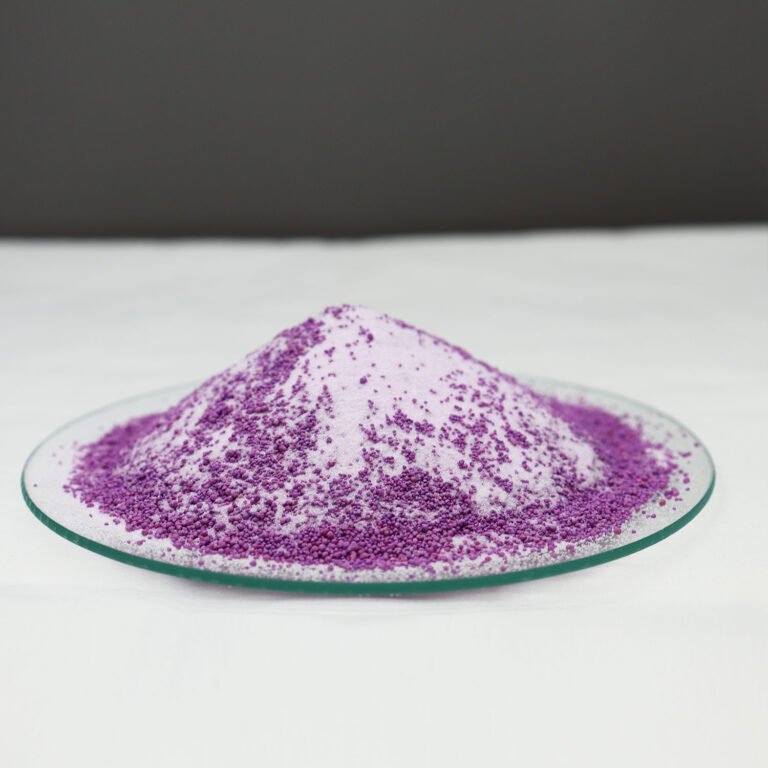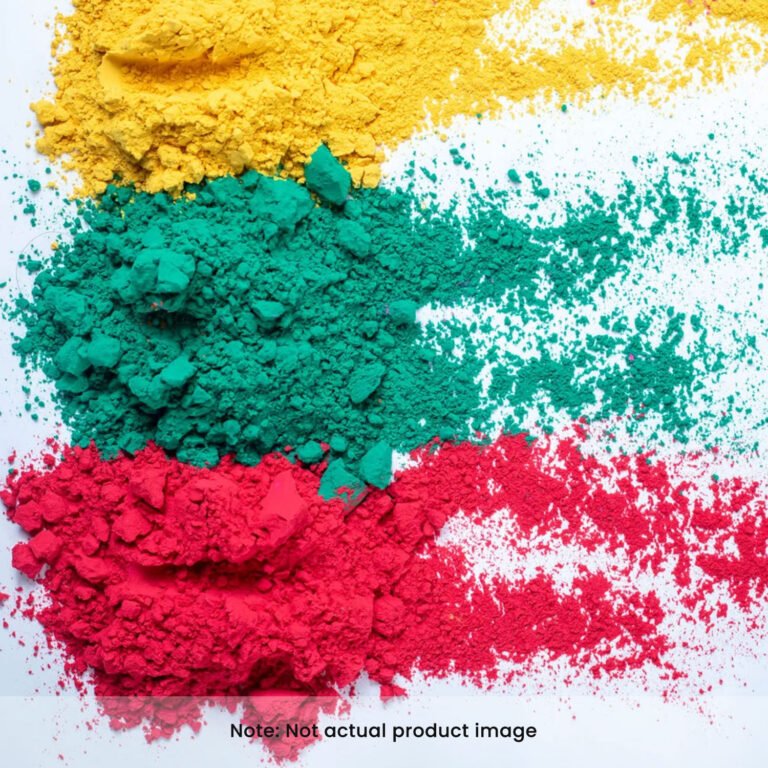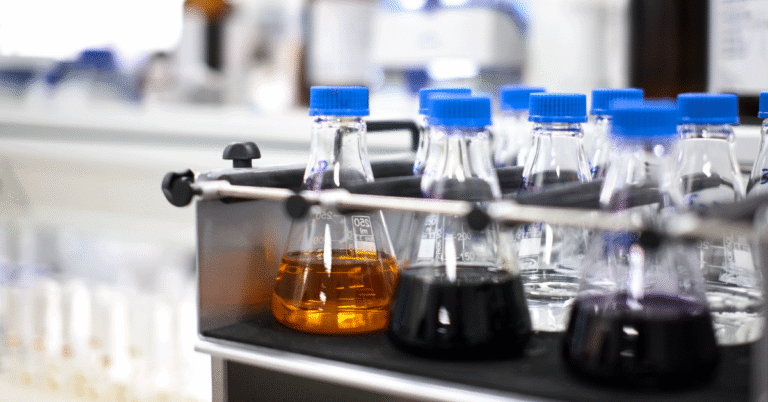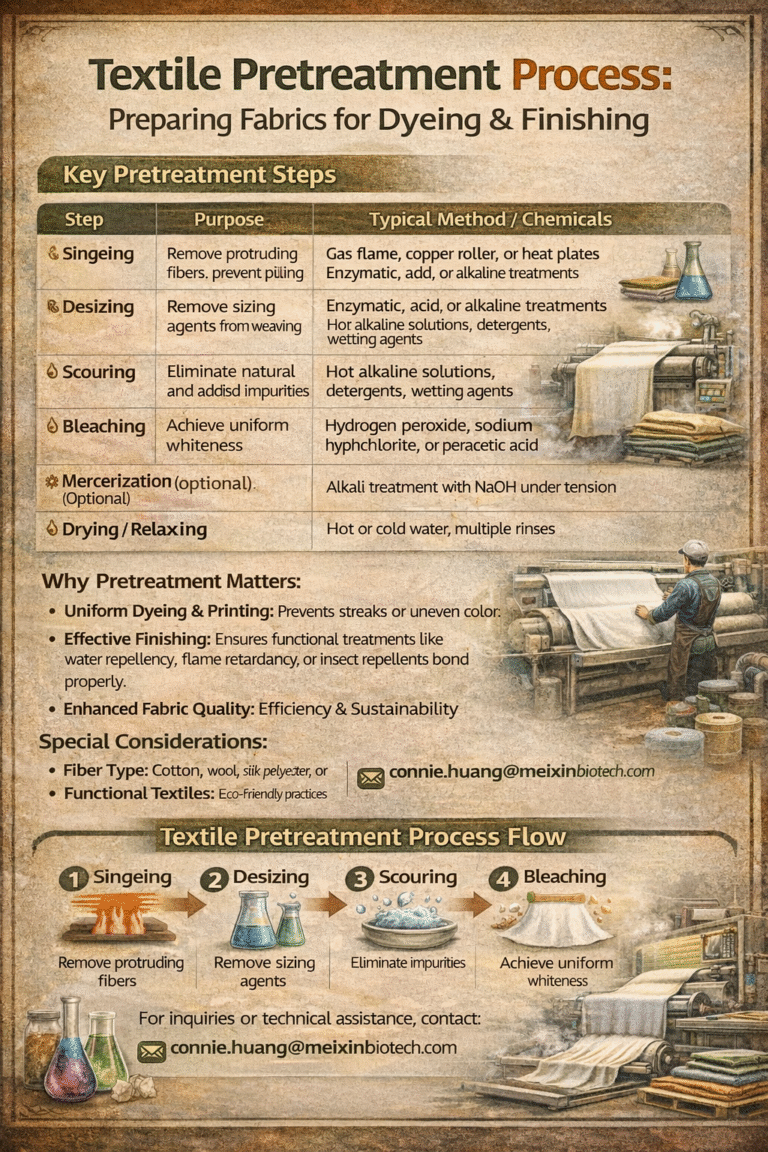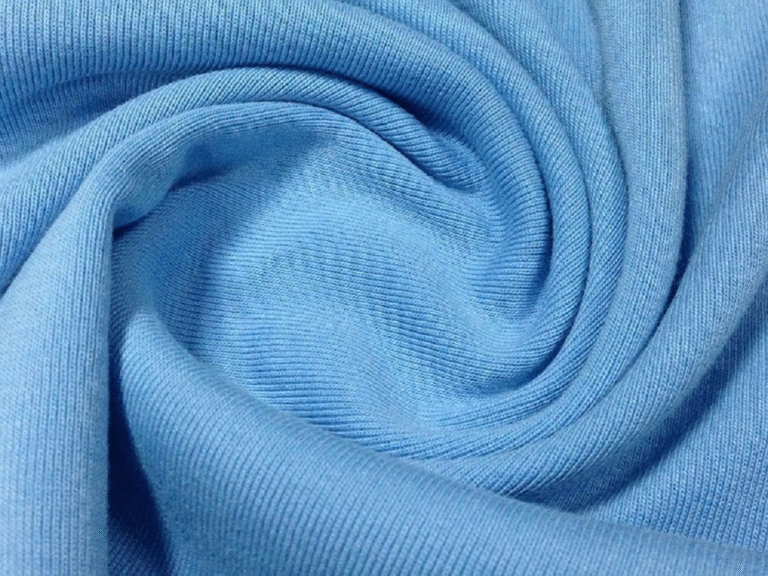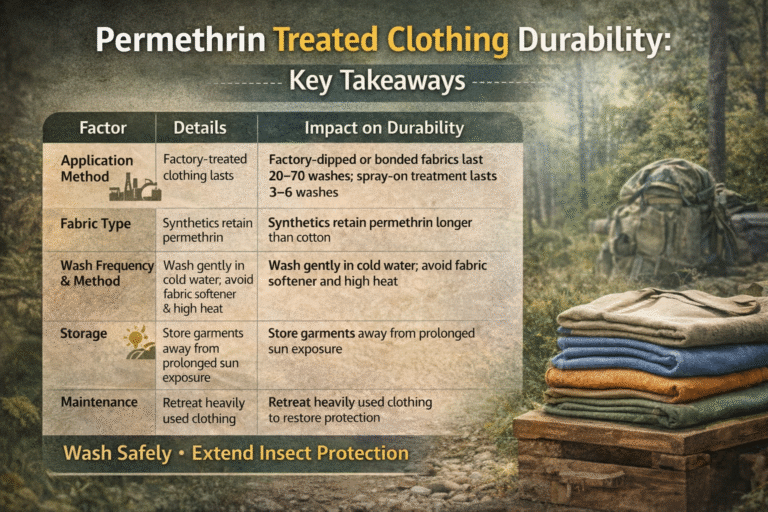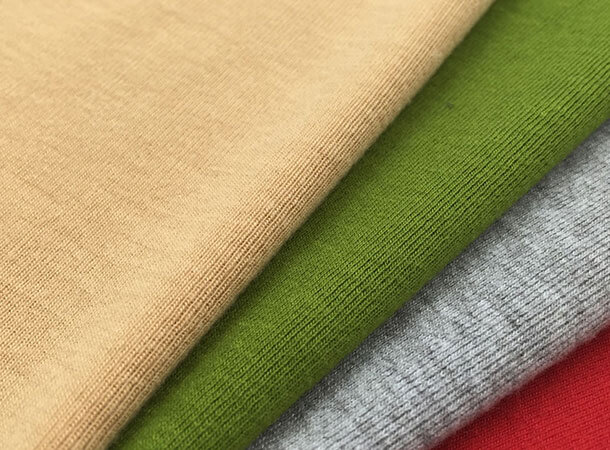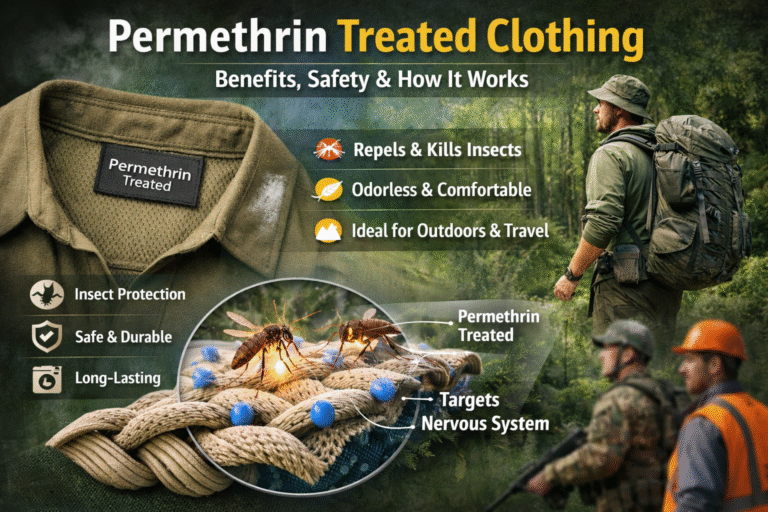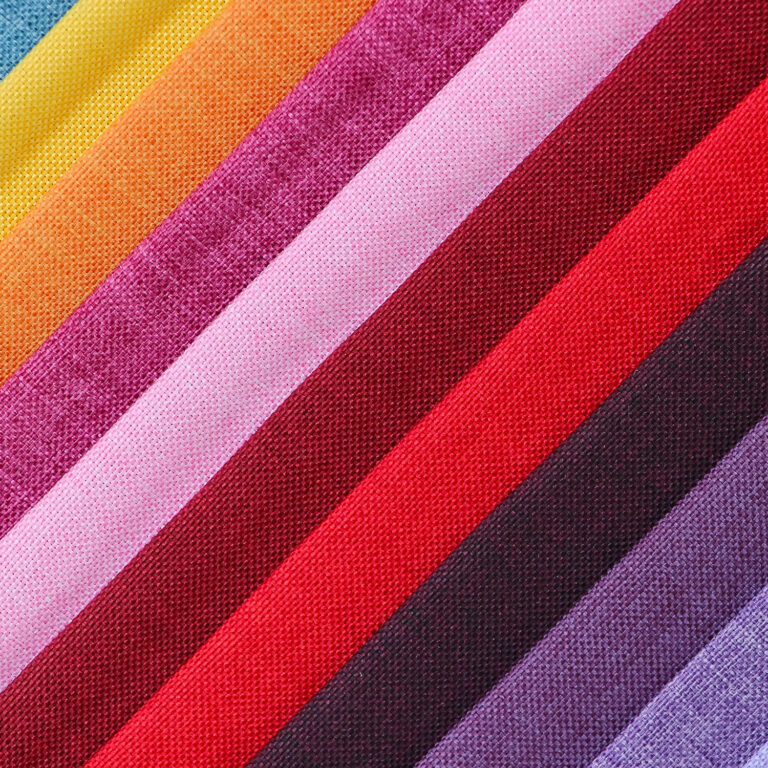Fabric softener flakes play a critical role in the textile finishing process, helping manufacturers enhance the softness, smoothness, and overall feel of various fabrics. Compared to liquid softeners, flakes offer unique advantages such as easy storage, precise dosing, and long shelf life—making them a preferred choice for textile mills and garment factories worldwide.
What Are Fabric Softener Flakes?
Fabric softener flakes are solid, waxy substances formulated with cationic, nonionic, or silicone-based softening agents. When heated or dissolved in water, they create emulsions or solutions that can be easily applied to fabrics during post-treatment processes. These flakes are typically pale yellow or white and are designed for use on cotton, polyester, rayon, wool, denim, and blended fabrics.
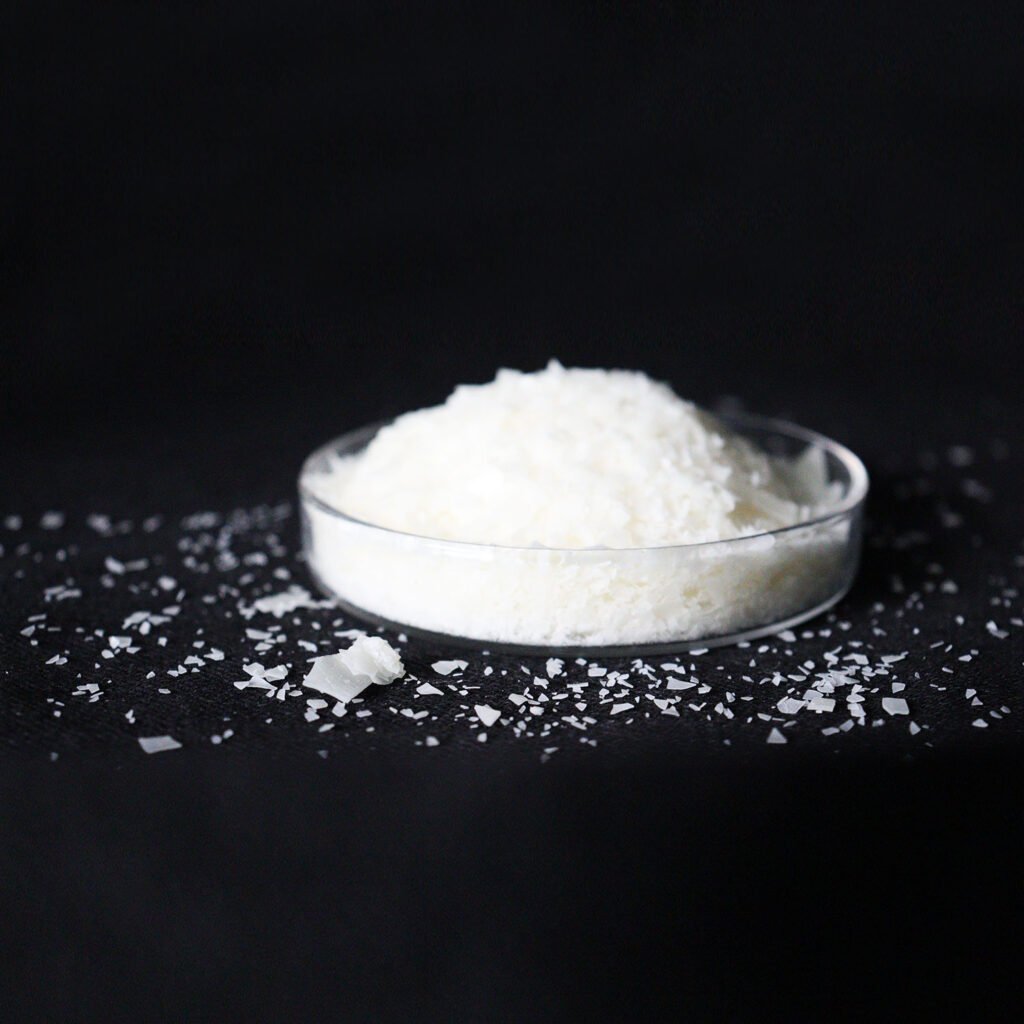

Common Types of Fabric Softener Flakes
- Cationic Softener Flakes
These are widely used in cotton and cellulose-based fabrics. They improve softness and reduce static electricity, making garments more comfortable to wear. - Nonionic Softener Flakes
Ideal for synthetic fibers like polyester, nonionic flakes offer good compatibility and low yellowing during high-temperature processes. - Silicone-Based Softener Flakes
These advanced flakes provide excellent softness, silky touch, and wrinkle resistance. They’re often used for premium fabrics and high-end fashion applications. - Hydrophilic Softener Flakes
These enhance softness without affecting the water absorbency of the fabric, ideal for towels, baby clothing, and sportswear.
How to Use Fabric Softener Flakes
Fabric softener flakes are typically emulsified in hot water (60–70°C) to create a stable solution, which can be added during the dyeing or finishing stage. The dosage and temperature depend on the fabric type, equipment used, and desired finish. Their solid form ensures easy handling and minimal wastage during production.
Key Advantages of Using Softener Flakes
- Long Shelf Life: Stable in storage without degradation or microbial contamination.
- Consistent Performance: Easy to control dosage for repeatable fabric finishes.
- Cost-Efficient: Low transport and packaging costs compared to liquid softeners.
- Customizability: Formulas can be tailored for specific touch effects, including soft, smooth, silky, or voluminous.
Applications Across Textile Sectors
Fabric softener flakes are used in various sectors, including:
- Garment dyeing and finishing
- Home textiles (bedsheets, towels)
- Sportswear and performance fabrics
- Denim finishing
- Yarn lubrication and softening
Partner with Meixin Biotech
Meixin Biotech Co., Ltd. specializes in high-quality textile auxiliaries, including customized fabric softener flakes tailored to your production needs. We support textile manufacturers with stable supply, technical documentation, and expert formulation advice.
We provide customized silicone and traditional softener solutions for various fabric types. Feel free to reach out for samples, technical sheets, or expert consultation at connie.huang@meixinbiotech.com.
Softening Auxiliaries Articles
How Fabric Softener Flakes Improve Hand Feel in Garment Finishing
Silicone Softener Beads vs. Emulsions: Pros and Cons for Textile Finishing
Softergent Flakes vs. Liquid Softeners: Which Should You Use?
Top 5 Applications of Silicone-Based Softeners in Modern Textile Processing
How Silicone Softening Beads Improve Fabric Feel and Process Efficiency
Silicone Fabric Softener vs. Traditional Softeners: Which Is Better?
What Is a Silicone Softener for Textiles? Benefits, Types & Applications
Understanding Fabric Softener Flakes: Types, Usage & Key Advantages
Does Silicone Softener Affect Color Fastness? Application Tips for Garment Dyeing
How to Apply Silicone Fabric Softeners in Dyeing & Finishing Processes
Where to Buy High-Quality Silicone Softener for Textiles (2025 Guide)
How to Choose the Right Silicone Fabric Softener for Cotton, Polyester & Blends
Top Exporters & Manufacturers of Silicone Softening Beads in China
Understanding Fabric Softener Flakes and Their Role in Textile Care
Is Bead-Type Softener Suitable for Export? 5 Key Questions + Packaging, Storage & Transport Tips
5 Key Questions to Ask Before Buying Silicone Softeners for Garment Production
How High-Concentration Softeners Help Garment Factories Reduce Production Costs
Bead vs. Liquid Silicone Softeners: Which Is Better for Mass Fabric Processing?
Eco-Friendly Silicone Fabric Softeners: Are They Worth the Switch?
FAQs About Silicone Softener for Textiles: Everything Importers Need to Know
Top Exporters & Manufacturers of Silicone Softening Beads in China

